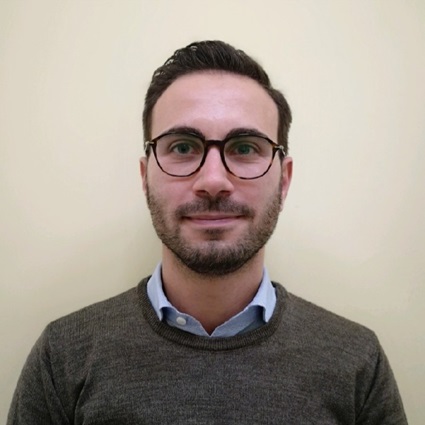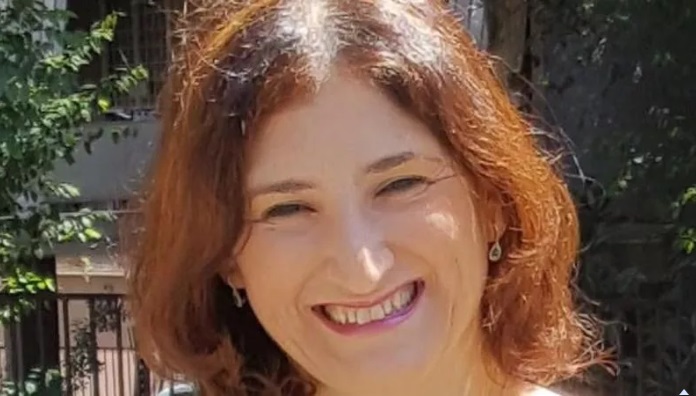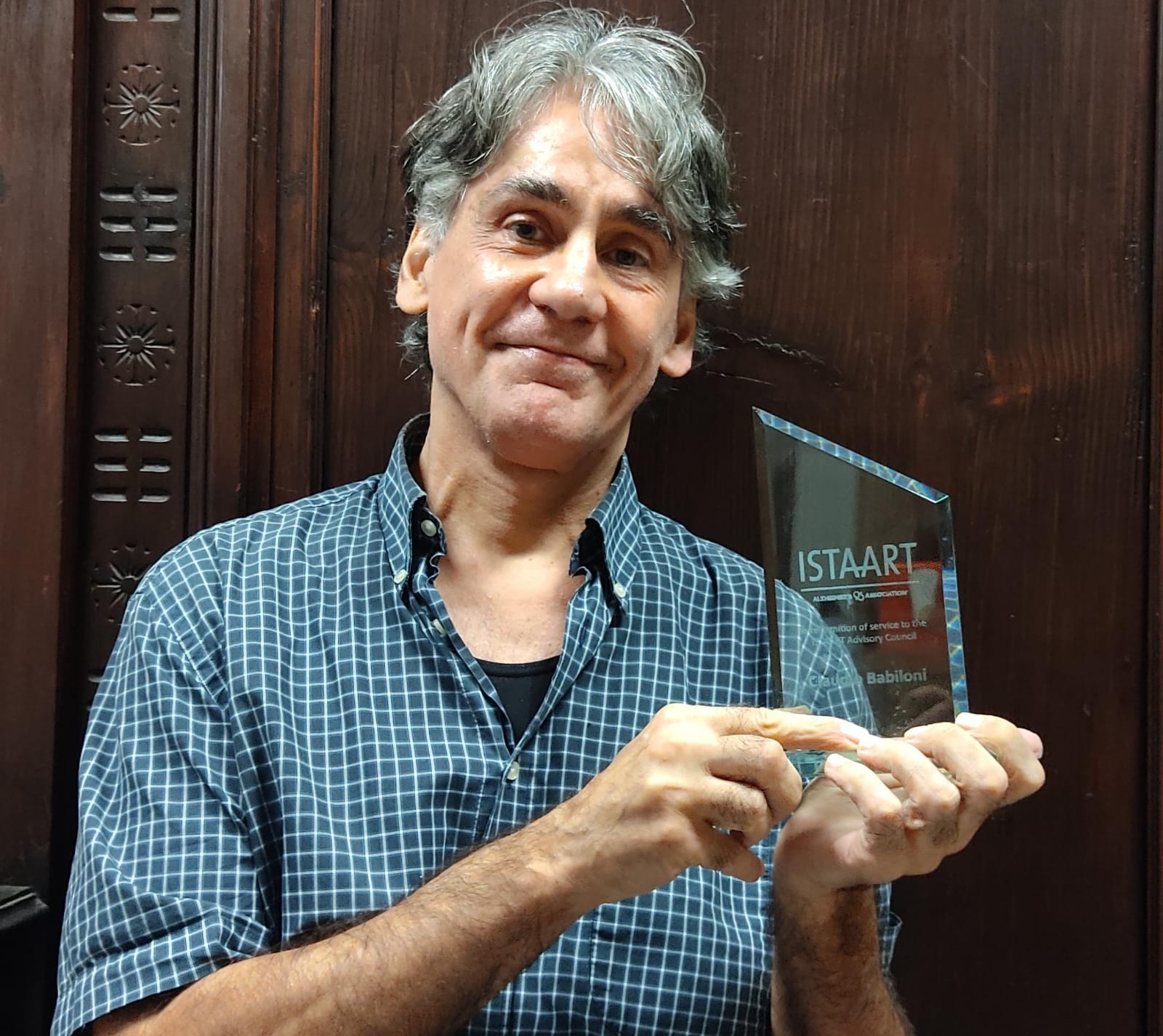In 2024, Sapienza Neuroscience (https://web.uniroma1.it/neuroscienzesapienza/) celebrated World Alzheimer's Month with a reference to the centenary since Hans Berger's discovery of human EEG. World Alzheimer's Month is a global effort to share information about Alzheimer's disease and challenge the stigma surrounding it. Specifically, it has been celebrated as follows:
1) Sapienza Neuroscience organized a webinar on September 3, 2024, in memory of Prof. Florinda Ferreri (1977 - Sept. 3, 2023). The invited speaker, Dr. Andrea Guerra (University of Padua), illustrated Prof. Ferreri's original and groundbreaking discoveries on alternations of evoked EEG responses to transcranial magnetic stimulation of the cerebral cortex observed in patients with Alzheimer's disease, the most widespread neurodegenerative disease of aging, responsible for many millions of people with dementia worldwide. Prof. Ferreri's findings have opened a new line of research into the neurophysiological correlates of the deterioration of functional brain connectivity in patients with Alzheimer's disease. The video recording of Dr. Guerra’s webinar is now available on YouTube at the following link https://youtu.be/EpOUj7XgL5A.
2) Sapienza Neuroscience also organized a webinar on September 21, 2024, as part of World Alzheimer's Day, to celebrate the centenary since the discovery of spontaneous EEG rhythms in humans by Hans Berger (1873 - 1941). Prof. Claudio Babiloni recalled Hans Berger's discovery in 1924 and the publication of the results in 1929. Hans Berger envisioned the use of EEG for understanding the neurophysiological correlates of neurological and psychiatric diseases, including application in studies of patients with dementia. The webinar reviewed EEG studies in patients with Alzheimer's disease, with the theoretical proposal that quantitative EEG analysis be part of the clinical evaluation of patients with Alzheimer's disease. EEG measures may provide informative neurophysiological biomarkers of abnormalities in the balance between brain arousal and inhibition, which are closely related to dysfunction in vigilance regulation in wakefulness. Such biomarkers could be very useful as an objective reference in evaluating therapy for the effects above of the disease and repositioning or discovering new forms of intervention. The video recording of the webinar is now available on YouTube at the following link https://youtu.be/JwqIpV3fnAM.
3) In September 2024, "The Alzheimer's Association International Society to Advance Alzheimer's Research and Treatment - ISTAART (https://istaart.alz.org/)” gave an award to Prof. Claudio Babiloni (Sapienza University of Rome, Department of Physiology and Pharmacology “V. Erspamer”) for his work as a member of the ISTAART Advisory Council from July 2022 to August 2024.
Info: Prof. Claudio Babiloni (claudio.babiloni@uniroma1.it)

Dr. Andrea Guerra was an invited speaker in Sapienza Neuroscience's webinar on September 3, 2024, in memory of Prof. Florinda Ferreri (1977- September 3, 2023).

Prof. Florinda Ferreri (1977- September 3, 2023).

Prof. Claudio Babiloni (Sapienza University of Rome) received the ISTAART award for his service to the ISTAART Advisory Council (July 2024 – August 2024) in September 2024 (World Alzheimer’s Month).
